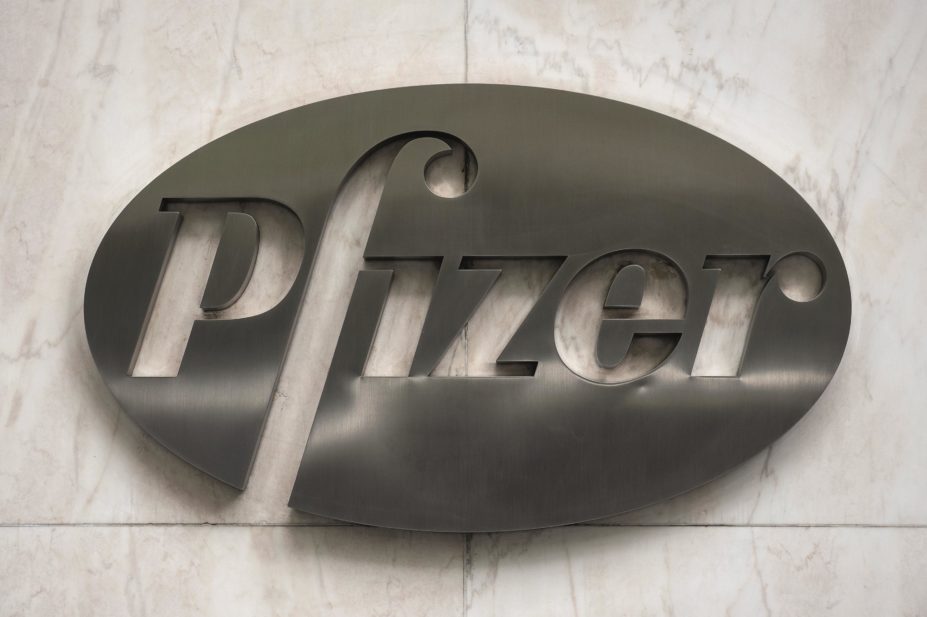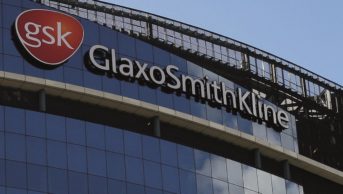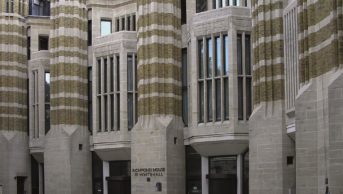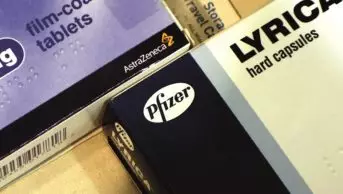
Rob Wilson / Shutterstock.com
GPs have called for “urgent” legislation to end patent protection for specific indications of branded medicines.
In light of Pfizer’s ongoing battle to protect its patent of Lyrica (pregabalin), GPs voted against extending patent protection for other indications at the annual national conference of Local Medical Committees (LMCs) held in London on 21–22 May 2015.
The LMCs, local representative committees of NHS GPs, want to prevent GPs from having to prescribe branded products — and not cheaper generics — in cases where marketed drugs have acquired a new patent for a second medical use.
On 29 June 2015, Pfizer is due to return to the High Court to protect the second medical use of Lyrica, an antiepileptic drug with a secondary medical use for pain. The case is being taken against a number of generic manufacturers, and focuses on the infringement and validity of the patent.
Pfizer originally marketed Lyrica for the treatment of general anxiety and epilepsy. That patent expired in July 2014, but a secondary medical use for the treatment of neuropathic pain does not run out until July 2017.
In an unprecedented move in March 2015, the High Court instructed NHS England to issue guidance to GPs and pharmacists about Lyrica. The guidance says branded Lyrica should continue to be prescribed and dispensed for the treatment of neuropathic pain, and not a generic equivalent.
Community pharmacy national negotiators also issued guidance to pharmacists on the Pharmaceutical Services Negotiating Committee (PSNC) website. It includes a template letter that pharmacists can send to GPs if they have prescribed a generic for neuropathic pain to request a fresh script be written for Lyrica.
Steve Lutener, the PSNC’s director of regulation and support, says the guidance has had 6,500 hits since it was launched and “is one of the most regularly searched topics on our website”.
The issue has caused “significant concern” for pharmacy teams and pharmacists have no option other than to ask GPs to reissue prescriptions if they fail to follow the official prescribing guidance, he adds.
Ash Soni, president of the Royal Pharmaceutical Society, says that checking with either the GP or the patient what a drug is prescribed for “is the only way pharmacists can ensure they supply, and are reimbursed for, the correct, licensed version”.
Lutener believes that whilst patent protection is important for stimulating the pharmaceutical industry to develop new drugs, or to extend the evidence supporting the use of existing drugs for additional indications, the second medical use patent for pregabalin has caused “considerable” additional work for pharmacies and medical practices.
“The Department of Health, the NHS and the pharmaceutical industry need to collaborate to ensure that future patent issues do not negatively impact on the provision of NHS care,” he says.
In a statement, Pfizer said the Lyrica (pregabalin) case has “caused confusion” for prescribers and pharmacists and that NHS guidance is helping to “bring much needed clarity”.
Commenting on the LMCs conference vote, Pfizer says: “As science evolves and our knowledge grows, patients will increasingly benefit from research into new uses for existing medicines. In addition to research into new molecules, we also go back to existing medicines with new knowledge to discover if they are effective treatments for other conditions. We need to make sure that this avenue is open for scientists and academics to continue to explore.”
The company stresses that the period for which a medicine is available to patients under patent is a critical phase in the product life cycle that fuels future innovation. “It is therefore vital we are able to protect our patents – including second medical use patents – because without this we could not discover tomorrow’s treatments,” it says.


